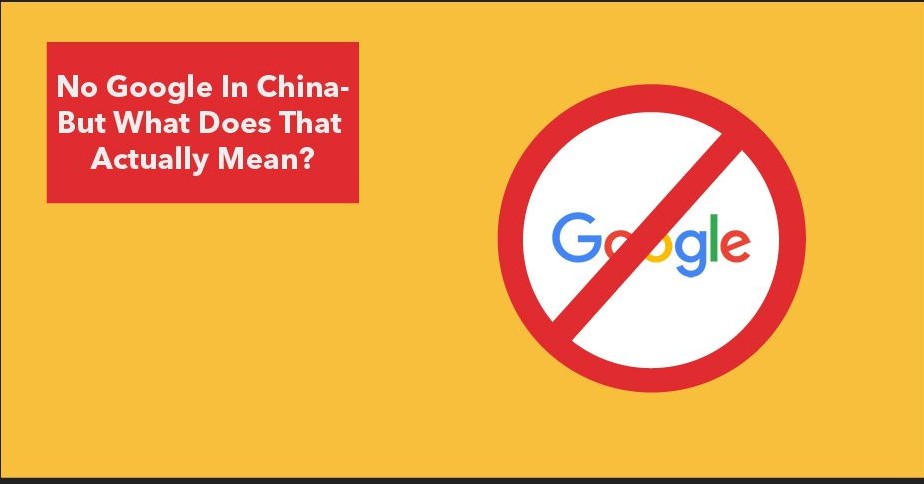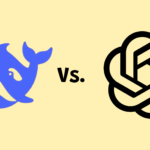China’s Censored Search Engine
A censored search engine is an online tool designed to intentionally filter or block certain search results and websites before they reach the user. This is done to comply with the legal and political demands of a governing authority. Essentially, it means the search engine operator actively limits the information a user can access, often without informing them of the censorship.

What Censorship Means and for Whom
The practice of a censored search engine affects several groups-
For the Government (Authoritarian Regimes)
Censorship is a tool of control. It allows them to maintain political stability and social harmony, as they define it, by blocking access to content considered politically sensitive, subversive, or morally objectionable. For a country like China, which operates an extensive surveillance and blocking system known as the “Great Firewall,” this control is widespread.
For the Users (Citizens)
For the person using the search engine, it means a restricted and manipulated view of the internet. They are prevented from seeing information on topics like human rights, democracy, peaceful protests, and certain religious content. Their freedom of information and expression is severely limited.
For the Tech Company (Like Google)
For the company, censorship represents a moral and ethical compromise in exchange for market access and profit. By agreeing to censor content, they validate the restrictive practices of the government. This pursuit of the market, particularly the world’s largest internet user base in China, often creates a conflict with the company’s core values.
Project Dragonfly: Google’s Controversial Plan
“Dragonfly” was the internal code name for a secretive Google project that aimed to develop a censored, app-based search engine for the Chinese market. This specific project was designed to adhere to the strict censorship laws of the People’s Republic of China.

Reports revealed the app would automatically identify and filter websites and search terms that are blacklisted by the Chinese government, effectively removing them from a user’s results. Critically, some reports also suggested the prototype could link search queries to a user’s mobile phone number, significantly increasing the potential for government surveillance and repression of citizens who search for politically sensitive topics.
Moral Compass Under Fire
Google has faced a significant internal backlash from its employees regarding the development of a censored search engine for users in China, known as Project Dragonfly. This initiative has raised ethical concerns and sparked protests within the company, illustrating a growing divide between corporate ambitions and employee values.
Employee Concerns
Approximately 1,400 Google employees, representing a small fraction of the company’s workforce, signed a letter demanding transparency and greater input in decisions related to the project. They expressed their worries that the initiative contradicts Google’s own ethical principles, stating, “Currently we do not have the information required to make ethically-informed decisions about our work, our projects, and our employment.”
Project Dragonfly – Key Features
The proposed search engine was designed to comply with stringent Chinese censorship laws, which would have automatically filtered out sensitive topics such as
- Human rights
- Peaceful protests
- Democracy
Additionally, the platform aimed to link users’ search histories to their personal phone numbers, making it easier for authorities to monitor individuals.

Internal and External Opposition
The project drew substantial criticism not only from Google employees but also from human rights organizations globally. Critics argued that collaborating with the Chinese government on censorship would make Google complicit in human rights abuses. Notably, this was not the first instance of employee protest; in 2018, thousands of Google staff opposed the company’s military contract with the Pentagon, known as Project Maven.
Project Status and Termination
In response to mounting pressure, Google announced in late 2018 that it had no immediate plans to launch the search engine in China. The company later confirmed that Project Dragonfly had been terminated. Google executive Karan Bhatia addressed the US Senate Judiciary Committee, stating, “We have terminated Project Dragonfly,” marking a significant shift in the company’s approach to its operations in China.














